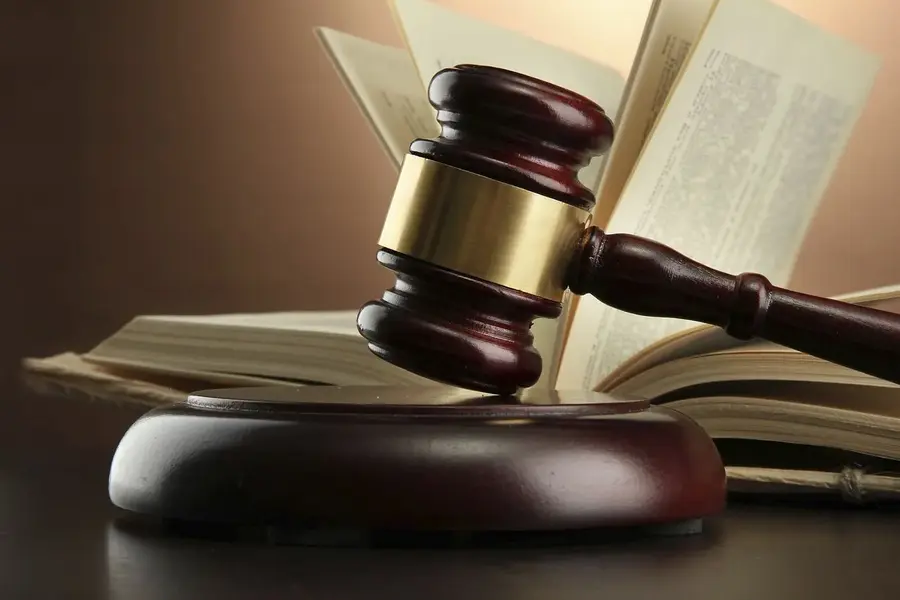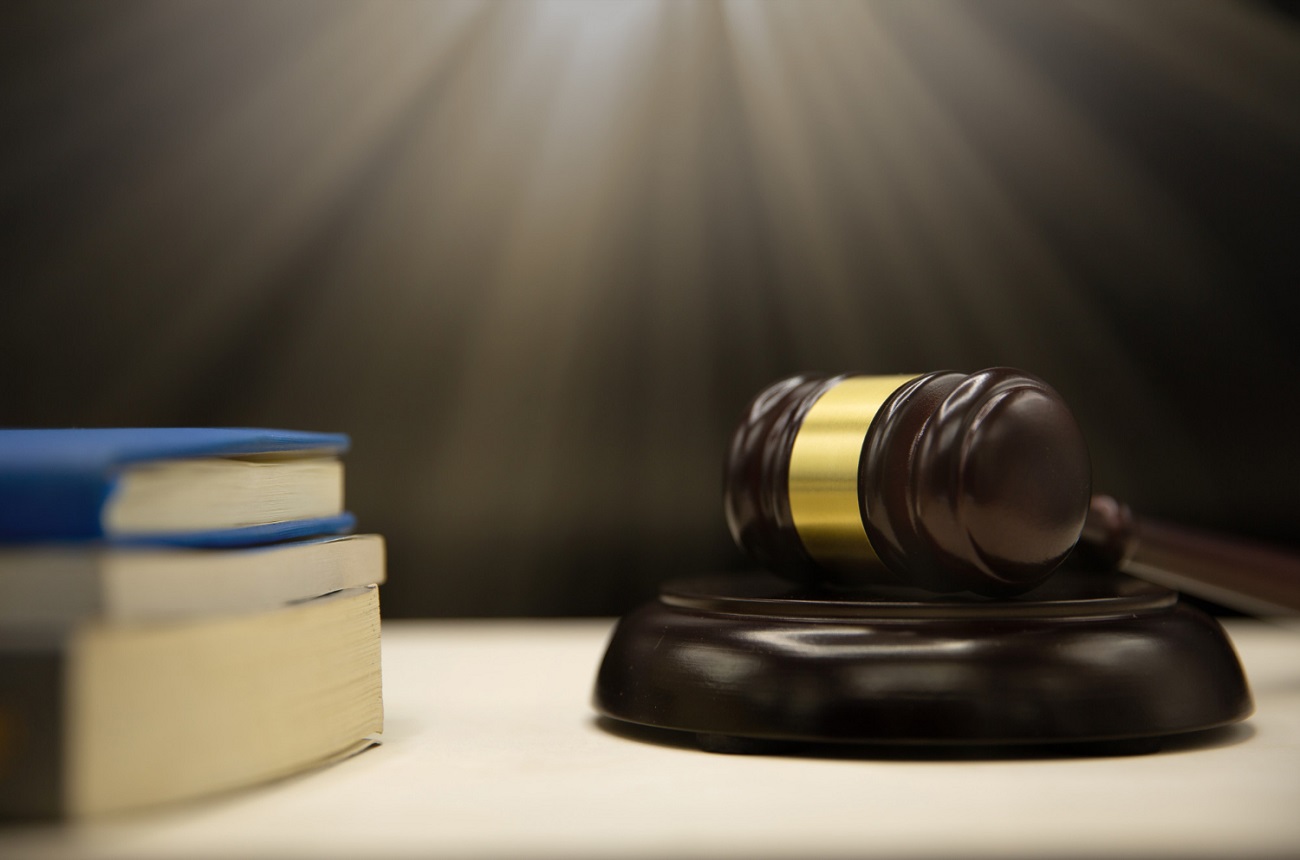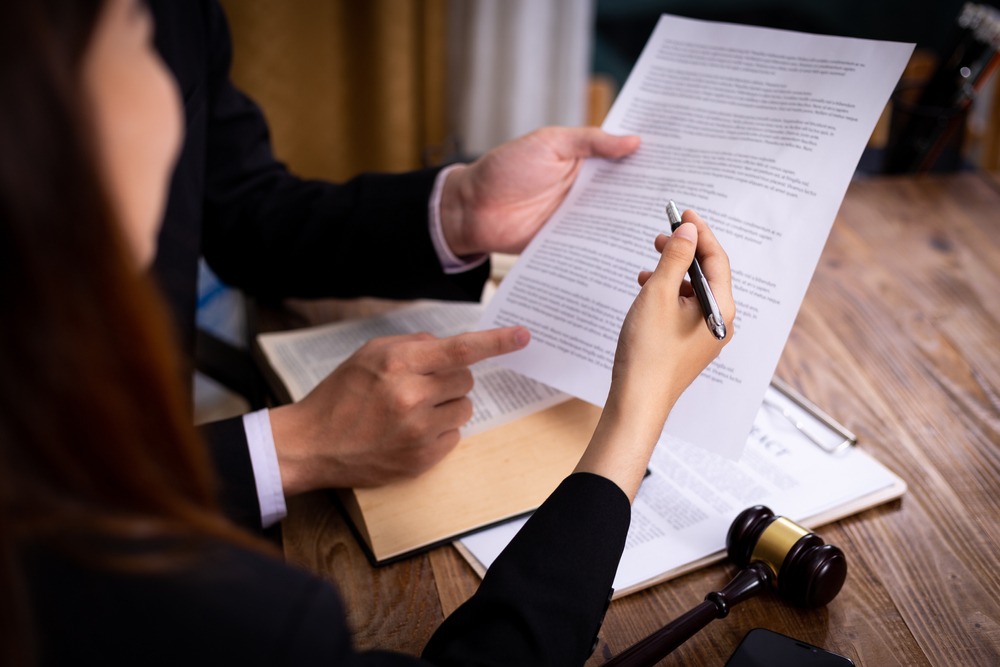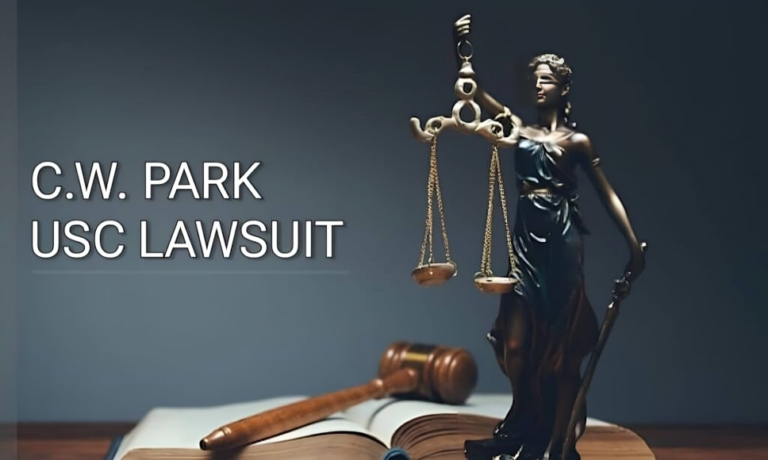The academic world has been no stranger to controversy in recent years, but few cases have captured public and professional attention, like the C.W. Park USC lawsuit. This complex legal battle highlights issues of academic integrity and personal conduct and raises significant questions about institutional responsibility and governance within higher education. In this article, we delve into the intricate details of the lawsuit, exploring its origins, the key arguments from both sides, and the broader implications for the academic community and beyond.
Background and Origins
The lawsuit involving C.W. Park, a distinguished professor at the University of Southern California (USC), erupted into the public eye, sparking debates and discussions across the academic and legal communities. Park, a respected figure in marketing and consumer behavior, was at the center of legal scrutiny over allegations that posed serious questions about ethical conduct and professional standards at USC.
The lawsuit’s origins can be traced back to accusations against Park, including misconduct and university policy violations. These allegations not only threatened Park’s illustrious career but cast a shadow over the reputation of USC, an institution renowned for its academic excellence and influential research.
The Legal Battle Unfolds
As the legal proceedings commenced, the complexities of the case began to unfold. On one side, the prosecution presented a series of allegations against Park, which were met with vigorous defense by his legal team. The core of the lawsuit revolved around the nature of the allegations, the evidence presented, and the legal arguments that both sides brought to the fore.
The legal battle was not just about the specific incidents in question but also about broader issues of academic freedom, the responsibilities of educators, and the mechanisms institutions have in place to address misconduct. The case raised significant questions about how universities can balance the need to uphold professional standards while protecting their faculty members’ rights and reputations.
Implications for Academic Integrity
The C.W. Park USC lawsuit serves as a poignant reminder of academic institutions’ challenges in maintaining integrity and trust. The allegations against Park highlighted the potential vulnerabilities within educational systems, prompting discussions on safeguarding ethical standards better and preventing misconduct.
This case underscores the importance of clear policies and procedures for handling misconduct allegations. It also highlights the need for transparency and due process in investigating and addressing such claims. For the academic community, the lawsuit is a call to action to strengthen the frameworks that support academic integrity and ensure that they are applied fairly and consistently.

Institutional Reactions and Reforms
In the wake of the lawsuit, USC, like many other institutions facing similar controversies, found itself at a crossroads. The case prompted a reevaluation of the university’s policies and procedures regarding faculty conduct, focusing on how misconduct allegations are investigated and adjudicated.
The university’s response to the lawsuit has been closely watched, as it has implications for how other institutions might navigate similar challenges. Efforts to reinforce ethical standards and accountability within academia are critical for the parties directly involved and for upholding the trust and confidence of the academic community and the public.
The Role of Evidence in the Legal Process
A critical aspect of the C.W. Park lawsuit was the role of evidence in shaping the legal proceedings. Both the prosecution and defense meticulously gathered and presented evidence to support their claims and counterclaims. This process highlighted the complexities of proving misconduct in an academic setting, where interactions and decisions often occur behind closed doors. The nature of the evidence, from emails and documents to testimonies, played a pivotal role in the case unfolding, emphasizing the importance of thorough and unbiased investigation methods in determining the truth.
Public Perception and Media Involvement
The coverage of the C.W. Park lawsuit significantly influenced public perception of the case. As details emerged and were dissected by journalists, bloggers, and commentators, the court of public opinion weighed in with judgments and speculations. This aspect of the lawsuit underscores the impact of media in shaping narratives around legal disputes, particularly those involving esteemed institutions like USC. The coverage highlighted the challenges individuals and organizations face in managing reputations amidst highly publicized legal battles.

The Impact on the Student Body
The repercussions of the lawsuit extended beyond the legal domain, profoundly affecting the student body at USC. Students found themselves needing help with mixed feelings about the integrity of their institution and the value of their degrees. This scenario emphasized the need for universities to address misconduct effectively and communicate transparently with their students. Engaging with student concerns and providing reassurance about the institution’s commitment to ethical standards became a crucial task for USC’s administration.
Academic Freedom versus Ethical Responsibilities
One of the more philosophical debates from the lawsuit revolves around the tension between academic freedom and ethical responsibilities. Professors and educational institutions cherish academic freedom as a cornerstone of scholarly work, allowing for exploring controversial or unpopular ideas without fear of reprisal. However, this case highlighted the boundaries of academic freedom, particularly when personal conduct is alleged to have crossed ethical lines. Finding the balance between protecting intellectual freedom and ensuring ethical behavior is a nuanced challenge for the academic community.
Lessons for Other Academic Institutions
The C.W. Park USC lawsuit is a cautionary tale for other academic institutions worldwide. It underscores the necessity of robust mechanisms for preventing, detecting, and addressing misconduct. Many universities have taken this opportunity to review and strengthen their policies and procedures, recognizing that the integrity of an institution is paramount to its success and the success of its students. This case has prompted a broader dialogue on best practices for upholding academic and ethical standards.

Moving Forward: The Path to Restoration
In the aftermath of the lawsuit, the focus for USC and similar institutions has been on restoration and improvement. This involves rectifying the issues that allowed the situation to arise and rebuilding trust within the academic community and with the public. Efforts to enhance transparency, strengthen oversight, and foster an ethical culture are at the forefront of this journey. As the academic world continues to evolve, the lessons learned from the C.W. Park lawsuit will likely influence policies and practices in higher education for years to come, aiming to prevent such incidents.
Conclusion
The C.W. Park USC lawsuit is more than just a legal dispute; it reflects the academic world’s broader challenges today. It highlights the delicate balance between upholding high standards of conduct and ensuring fair treatment for all involved. As the case proceeds, it continues to generate discussions and debates about the best ways to maintain academic integrity and accountability.
This lawsuit is a stark reminder of the responsibilities that educators, administrators, and institutions bear in shaping the ethical landscape of academia. It also underscores the importance of ongoing dialogue and reform to address the ever-evolving challenges of maintaining academic excellence and integrity. As the academic community moves forward, the lessons learned from the C.W. Park USC lawsuit will undoubtedly play a crucial role in shaping the future of academic standards and governance.

